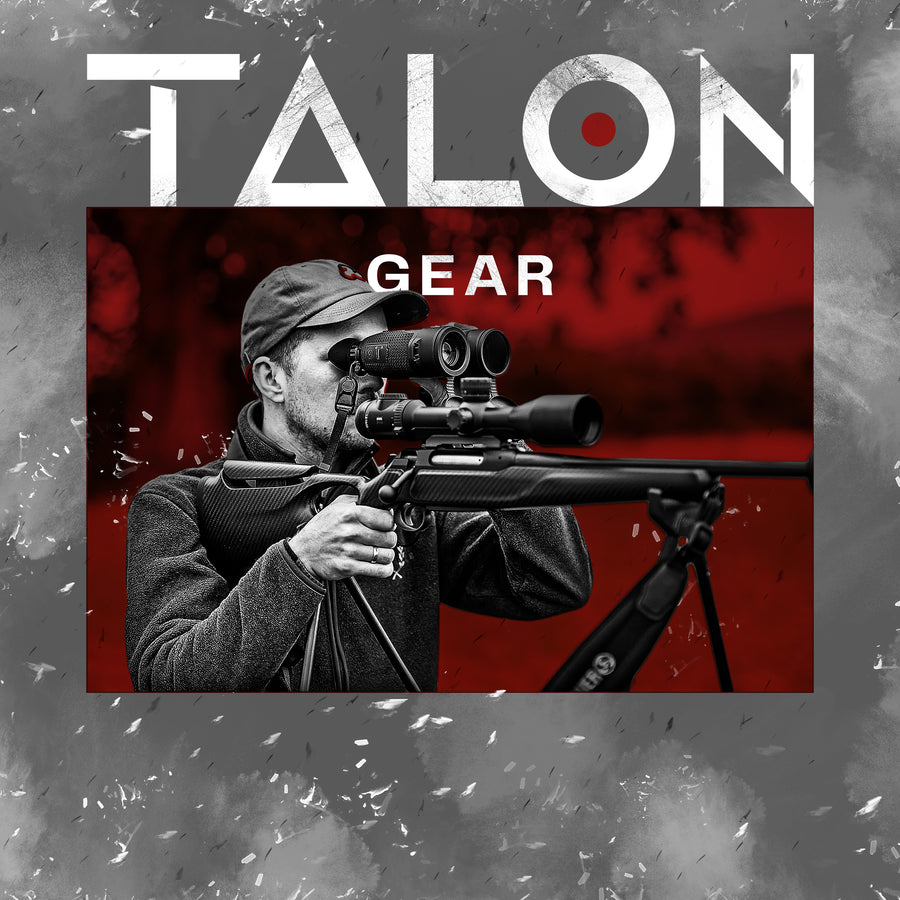In the realm of optics, precision instruments like optical scopes have revolutionized how we perceive and interact with the world around us. Optical scopes are versatile tools that offer enhanced clarity, magnification, and precision for a wide range of applications. From astronomy to hunting, surveillance to target shooting, the world of optical scopes opens up a realm of possibilities for enthusiasts and professionals alike. Let's delve into this fascinating world and explore the capabilities and benefits of optical scopes.
-
Understanding Optical Scope Technology:
Optical scopes utilize lenses and mirrors to magnify and focus light, providing users with a clear and detailed view of distant objects. They come in various designs, including rifle scopes, spotting scopes, astronomical telescopes, and more, each tailored to specific uses and magnification requirements. Optical scopes can be used during daylight hours or in well-lit environments to enhance visual clarity and precision.
-
Types of Optical Scopes:
-
Rifle Scopes: These scopes are designed for firearms and offer magnification and reticle options for precise aiming and shooting.
-
Spotting Scopes: Ideal for birdwatching, wildlife observation, and target spotting, spotting scopes provide high magnification and a wide field of view.
-
Astronomical Telescopes: Used for stargazing and celestial observation, astronomical telescopes offer powerful magnification and light-gathering capabilities.
-
-
Key Features and Performance:
-
Magnification and Objective Lens Diameter: Optical scopes are characterized by their magnification power (e.g., 4x, 10x, etc.) and objective lens diameter (measured in millimeters). Higher magnification allows for detailed observations, while a larger objective lens diameter gathers more light for brighter images.
-
Reticles and Adjustments: Rifle scopes often feature reticles (crosshairs) with adjustable settings for windage, elevation, and parallax correction, enhancing accuracy and precision.
-
Coatings and Optics: High-quality optical scopes utilize lens coatings to reduce glare, improve light transmission, and enhance image contrast and clarity.
-
-
Applications of Optical Scopes:
-
Hunting and Shooting Sports: Rifle scopes are indispensable for hunters and shooting enthusiasts, allowing for precise aiming, target acquisition, and shot placement over varying distances.
-
Nature Observation: Spotting scopes are favored by birdwatchers, wildlife enthusiasts, and outdoor adventurers for observing distant wildlife, landscapes, and natural phenomena with exceptional clarity.
-
Astronomy: Astronomical telescopes unlock the wonders of the night sky, enabling astronomers and hobbyists to explore celestial bodies, galaxies, and nebulae in stunning detail.
-
-
Choosing the Right Optical Scope:
-
Define Your Needs: Determine the intended use of the optical scope (e.g., hunting, birdwatching, astronomy) and the desired magnification range.
-
Consider Optics Quality: Look for optical scopes with high-quality lenses, coatings, and construction for superior image quality and durability.
-
Evaluate Features: Consider additional features such as reticle options, adjustable turrets, weather resistance, and mounting compatibility based on your preferences and requirements.
-
-
Maintenance and Care:
- Keep lenses clean and free from dust, debris, and fingerprints using a lens brush and optical cleaning solution.
- Store optical scopes in a protective case or pouch when not in use to prevent damage and maintain optical alignment.
- Regularly inspect and adjust optics, reticles, and adjustments as needed to ensure optimal performance.
Optical scopes offer a window to the world, providing users with enhanced clarity, magnification, and precision for a wide range of activities. Whether exploring nature, honing shooting skills, or delving into the mysteries of the cosmos, optical scopes enrich experiences and enable detailed observations that enhance understanding and appreciation of our surroundings. By understanding their technology, key features, applications, and maintenance practices, users can make informed decisions and unlock the full potential of optical scopes for clear and immersive visual experiences.


